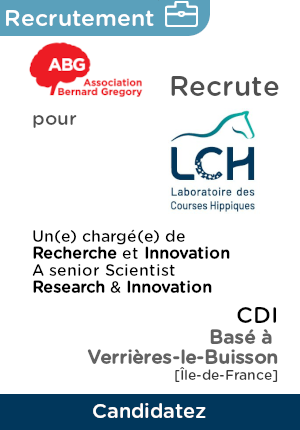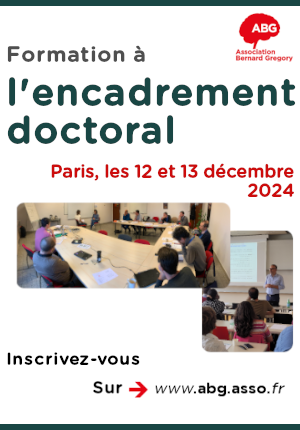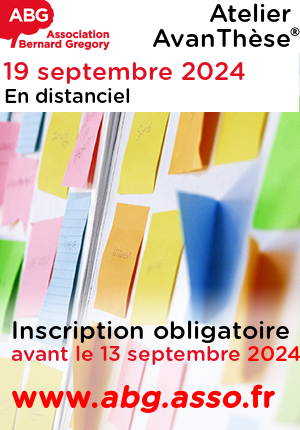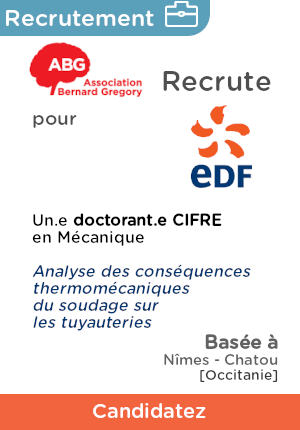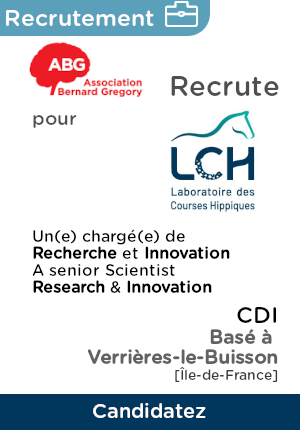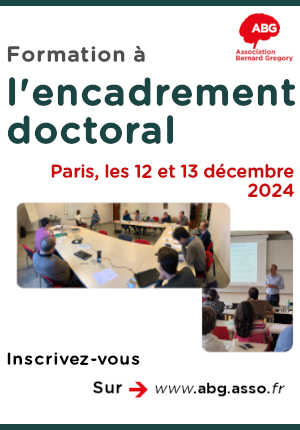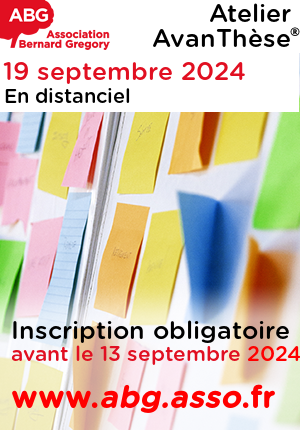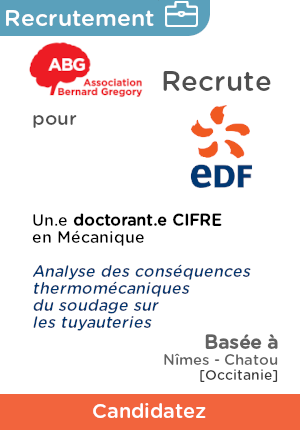Detection of airborne pollen using light polarization and spectroscopy
| ABG-125021 | Sujet de Thèse | |
| 17/07/2024 | Financement public/privé |

- Physique
- Sciences de l’ingénieur
- Terre, univers, espace
Description du sujet
Lake, I. R. et al., Climate Change and Future Pollen Allergy in Europe. Environmental Health Perspectives 125: 385–391, https://pubmed.ncbi.nlm.nih.gov/27557093/, (2017).
Cholleton, D., et al., Laboratory evaluation of the scattering matrix of ragweed, ash, birch and pine pollens towards pollen classification, Atmos. Meas. Tech., 15, 1021-1032, 10.5194/amt-15-1021-2022, (2022).
Prise de fonction :
Nature du financement
Précisions sur le financement
Présentation établissement et labo d'accueil
The Institute for Light and Matter (Institut Lumière Matière - iLM) is a joint CNRS-University of Lyon 1 research unit located on the Lyon Tech La Doua campus.
With more than 300 employees, including a hundred doctoral students and post-docs, the iLM is a major player in physics and chemistry research in the Auvergne Rhône Alpes region, internationally recognized for the excellence of its research.
The continuum between fundamental research, responses to major societal challenges and innovation is at the heart of the unit's approach. The entire staff is committed to promoting excellence and ethical and responsible research.
Intitulé du doctorat
Pays d'obtention du doctorat
Etablissement délivrant le doctorat
Ecole doctorale
Profil du candidat
The candidate should have skills in optics, polarization or/and spectroscopy, laser physics. Skills in atmospheric physics will also be appareciated but are not mandatory.
Vous avez déjà un compte ?
Nouvel utilisateur ?
Vous souhaitez recevoir nos infolettres ?
Découvrez nos adhérents
 TotalEnergies
TotalEnergies  ANRT
ANRT  Généthon
Généthon  Tecknowmetrix
Tecknowmetrix  SUEZ
SUEZ  PhDOOC
PhDOOC  Institut Sup'biotech de Paris
Institut Sup'biotech de Paris  ONERA - The French Aerospace Lab
ONERA - The French Aerospace Lab  Groupe AFNOR - Association française de normalisation
Groupe AFNOR - Association française de normalisation  Laboratoire National de Métrologie et d'Essais - LNE
Laboratoire National de Métrologie et d'Essais - LNE  Ifremer
Ifremer  CESI
CESI  MabDesign
MabDesign  ADEME
ADEME  Institut de Radioprotection et de Sureté Nucléaire - IRSN - Siège
Institut de Radioprotection et de Sureté Nucléaire - IRSN - Siège  Aérocentre, Pôle d'excellence régional
Aérocentre, Pôle d'excellence régional  Nokia Bell Labs France
Nokia Bell Labs France  MabDesign
MabDesign  CASDEN
CASDEN
-
EmploiCDIRef. ABG123642Laboratoire des Courses Hippiques (GIE LCH)Verrières-le-Buisson - Ile-de-France - France
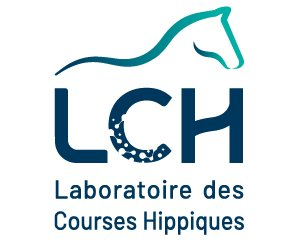
Chargé(e) de Recherche et Innovation (H/F) / Senior Scientist Research & Innovation (M/F)
Chimie - BiochimieConfirmé -
EmploiCDIRef. ABG124941Corteria PharmaceuticalsMassy-Palaiseau - Ile-de-France - France

Jeune Docteur, Chercheur en Biologie Cellulaire & Moléculaire (H/F)
BiologieNiveau d'expérience indifférent -
EmploiCDDRef. ABG125071KTHStockholm - Suède
ERC-funded postdoc position on the detection of gas-phase organic radicals, KTH, Stockholm, Sweden
Chimie - Physique - Sciences de l’ingénieurNiveau d'expérience indifférent

